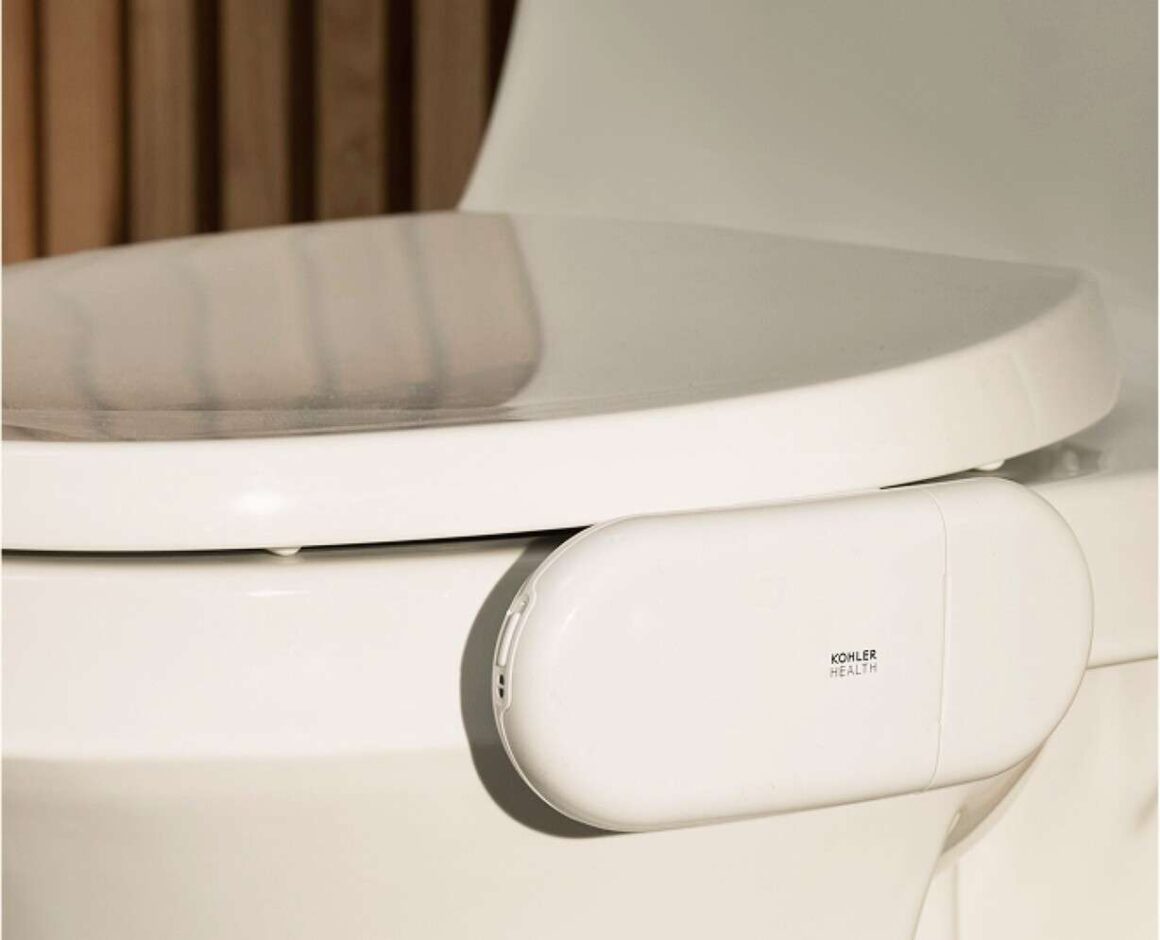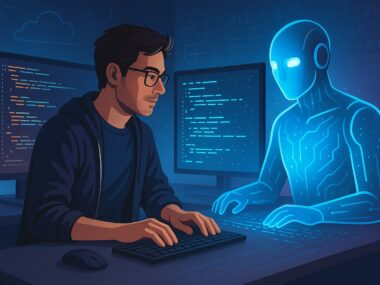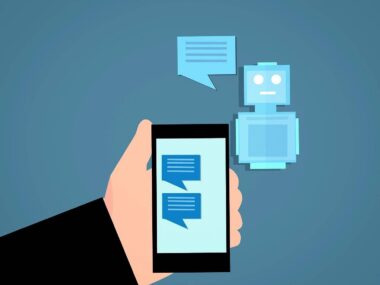The things tech companies are coming up with are getting out of hand. There’s innovation that solves problems. Then there’s whatever the Dekoda smart toilet camera is. The $599 device takes photos of your poop and urine to determine the state of your health.
Made by Kohler Health, The Dekoda attaches to your toilet bowl. It uses “advanced optical sensors” and machine learning to assess your stool and hydration levels. It can even detect traces of blood, a possible sign of underlying health issues.
Kohler pitches it as the next step in preventative health. A tool for people who want to monitor gut health, track hydration, and take charge of their health.
Yet at some point, you have to ask: just because we can build this, should we?
A Fingerprint Away from the Future
Dekoda’s downward-facing camera stares into the toilet bowl, taking bursts of images every few seconds during use. A small remote with a fingerprint scanner lets you authenticate your session, so your stool data doesn’t get confused with someone else’s.
When it’s done, Dekoda sends those images over Wi-Fi to Kohler’s cloud servers for analysis. The results: whether you’re hydrated, constipated, or showing a sign of a serious condition will appear in a mobile app. Kohler uses end-to-end encryption and says it takes privacy seriously. The problem is that it’s still uploading photos of your waste to some tech company’s server.
Where Is All That Data Going?
Your stool and urine can reveal a lot about your health: gut bacteria, hydration, inflammation, even early signs of disease. It’s the kind of information medical professionals treat with extreme confidentiality. Now, that same data is being captured by a smart device sitting on your toilet, stored on corporate servers, and tied to your biometric identity.
Kohler might have good intentions, but the question remains. Who is in charge of managing the servers Kohler Health is hosting? What will happen to those images if Kohler Health ever decides to shut the servers down? What if the company gets hacked?
It’d be different if all of this data was stored locally. If the analysis happened inside the device, never leaving your bathroom. That’s not how Dekoda works. Its promise of “insight” depends on sending your biological data to the cloud.
The Dekoda toilet camera is another example of how far tech companies will go to turn the human body into data. It promises to give you a better understanding of your health, but at the cost of privacy.
In the end, that Dekoda camera needs to see inside your toilet as you use it, then process and store those images on a server you’ll never have any control over.
If the future of health looks like this, it might be time to draw the line in front of your bathroom door.






